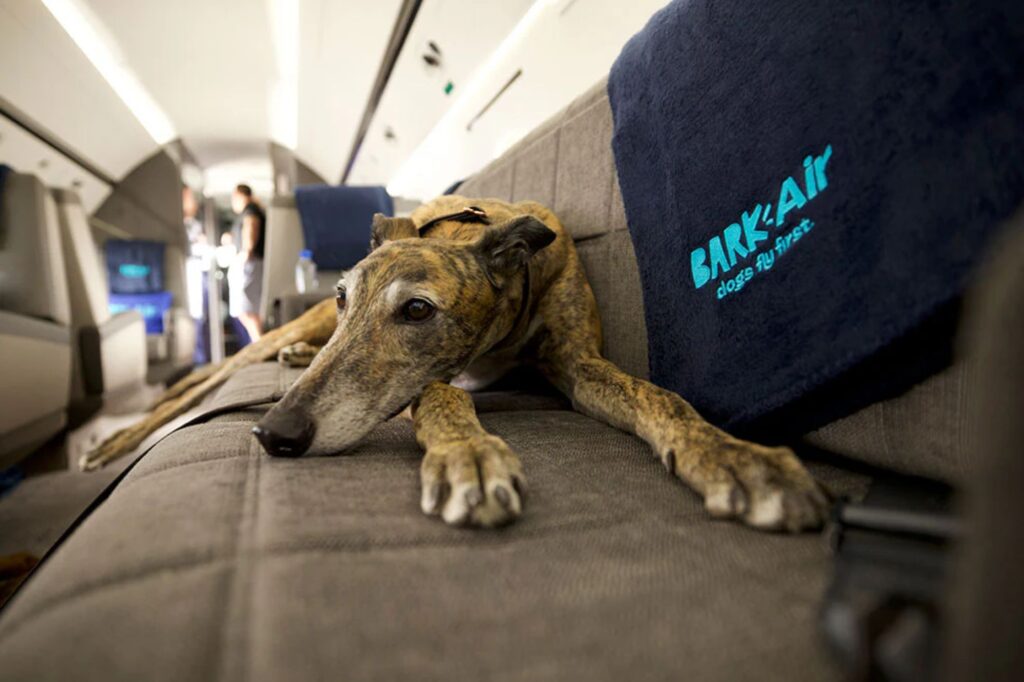The lawsuit against dog-centric airline BARK Air has been dropped.
A spokesperson for BARK Air reached out to AeroTime to advise that Westchester County voluntarily dismissed its lawsuit against the airline having reached an agreement on June 10, 2024.
The county initially filed a lawsuit against the world’s first dog-focused airline on May 30, 2024 over its operations at Westchester County Airport (HPN).
According to the lawsuit, which came just days after the carrier’s inaugural flight, the terminal limits airlines from selling seats on aircraft with nine or fewer seats. The lawsuit also stated that larger aircraft must operate out of the airport’s commercial terminal. BARK Air operates its flights using a Gulfstream G5, which has 14 passenger seats.
An agreement between BARK Air and Westchester County has been publicly filed, which means the canine-centric carrier can continue operations to and from HPN.
“Dogs can and will continue to fly first aboard BARK Air! On Monday, Westchester County voluntarily dismissed its lawsuit, which at no time impacted BARK Air’s operations. BARK Air will continue to operate flights to and from HPN,” the BARK Air spokesperson told AeroTime.
BARK Air has currently not sold more than nine individual seats for human passengers on flights to Westchester County Airport. The agreement states that the airline must provide the county with a notice of such a sale or offer to sell if and when it has sold more than nine seats.
Under the agreement, BARK Air must provide the county with the number of human passenger seats it has sold to the public on each aircraft for BARK’s flights into and out of Westchester County Airport every month.
“So long as BARK does not sell or offer to sell to the public more than nine individual seats for human passengers on flights that depart from, or arrive at any of Westchester County Airport’s Fixed Base Operator (FBO), the county agrees that the defendants are not in violation of Terminal Use Procedures (TUP),” the agreement stated.
